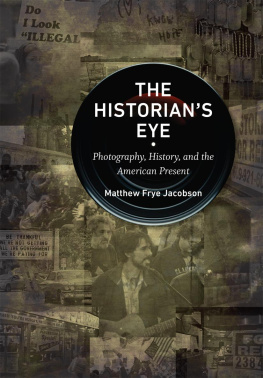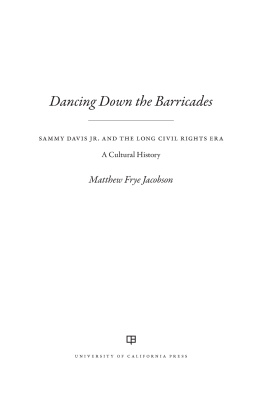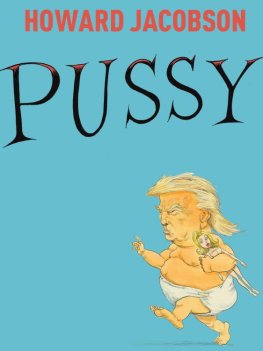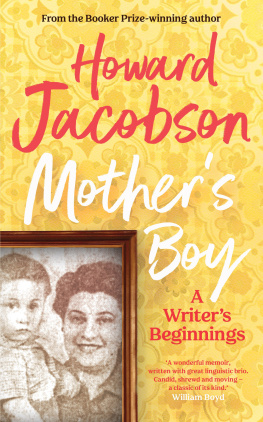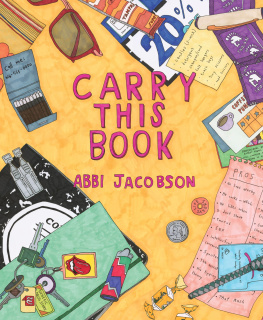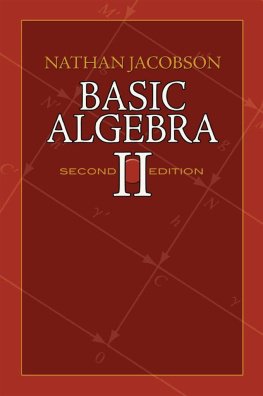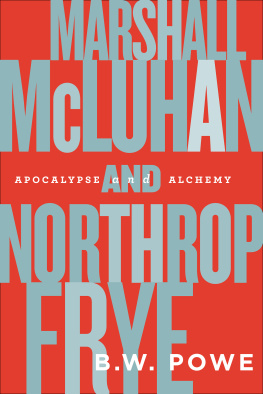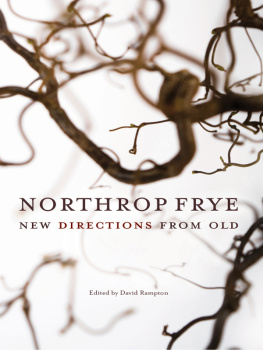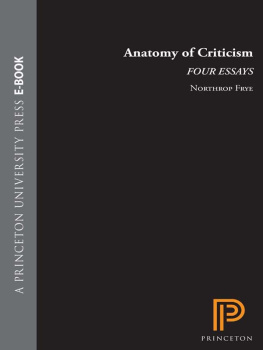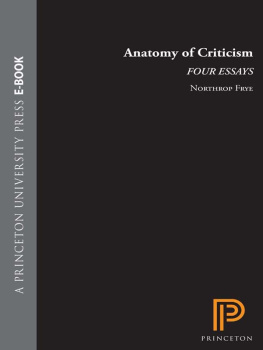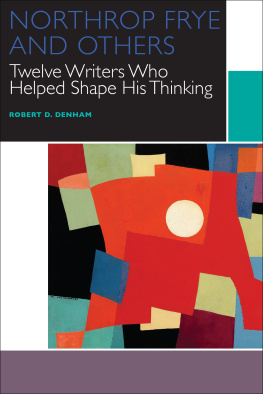Matthew Frye Jacobson - The Historians Eye
Here you can read online Matthew Frye Jacobson - The Historians Eye full text of the book (entire story) in english for free. Download pdf and epub, get meaning, cover and reviews about this ebook. year: 2019, publisher: University of North Carolina Press, genre: Science. Description of the work, (preface) as well as reviews are available. Best literature library LitArk.com created for fans of good reading and offers a wide selection of genres:
Romance novel
Science fiction
Adventure
Detective
Science
History
Home and family
Prose
Art
Politics
Computer
Non-fiction
Religion
Business
Children
Humor
Choose a favorite category and find really read worthwhile books. Enjoy immersion in the world of imagination, feel the emotions of the characters or learn something new for yourself, make an fascinating discovery.
- Book:The Historians Eye
- Author:
- Publisher:University of North Carolina Press
- Genre:
- Year:2019
- Rating:5 / 5
- Favourites:Add to favourites
- Your mark:
- 100
- 1
- 2
- 3
- 4
- 5
The Historians Eye: summary, description and annotation
We offer to read an annotation, description, summary or preface (depends on what the author of the book "The Historians Eye" wrote himself). If you haven't found the necessary information about the book — write in the comments, we will try to find it.
The Historians Eye — read online for free the complete book (whole text) full work
Below is the text of the book, divided by pages. System saving the place of the last page read, allows you to conveniently read the book "The Historians Eye" online for free, without having to search again every time where you left off. Put a bookmark, and you can go to the page where you finished reading at any time.
Font size:
Interval:
Bookmark:
William R. Kenan Jr. Fund of the University of North
Carolina Press.
Whitman and DIN types by Tseng Information
Systems, Inc.
member of the Green Press Initiative since 2003.
by Matthew Frye Jacobson; Isolated Shot of
Professional Camera Lens against Black Background,
iStockphoto.com/kyoshino.
Edited by Alexa Dilworth, Wesley Hogan, and
Tom Rankin of the Center for Documentary
Studies at Duke University
arts have become widely accessible, this series of
books, published in association with the Center
for Documentary Studies at Duke University,
explores and develops the practice of documentary
expression. Drawing on the perspectives of
artists and writers, this series offers new and
important ways to think about learning and doing
documentary work while also examining the
traditions and practice of documentary art through
time.
Names: Jacobson, Matthew Frye, 1958 author,
photographer. | Duke University. Center for
Documentary Studies, publisher.
Title: The historians eye : photography, history, and
the American present / Matthew Frye Jacobson.
Other titles: Documentary arts and culture.
Description: Chapel Hill : University of North
Carolina Press ; [Durham] : in association with
the Center for Documentary Studies at Duke
University, [2019] | Series: Documentary arts and
culture | Includes bibliographical references and
index.
ISBN 9781469649665 (cloth : alk. paper) |
ISBN 9781469649672 (ebook)
Subjects: LCSH: United StatesHistory21st
centuryPictorial works. | United States
History21st century. | Documentary
photographyUnited States. | Street
photographyUnited States. | Obama, Barack. |
LCGFT: Illustrated works.
Classification: LCC E907 .J33 2019 |
DDC 973.9320022/2dc23
LC record available at https://lccn.loc.gov/2018049444
a discourse intended to express
its authors reflections or to guide
others in contemplation.
Font size:
Interval:
Bookmark:
Similar books «The Historians Eye»
Look at similar books to The Historians Eye. We have selected literature similar in name and meaning in the hope of providing readers with more options to find new, interesting, not yet read works.
Discussion, reviews of the book The Historians Eye and just readers' own opinions. Leave your comments, write what you think about the work, its meaning or the main characters. Specify what exactly you liked and what you didn't like, and why you think so.

